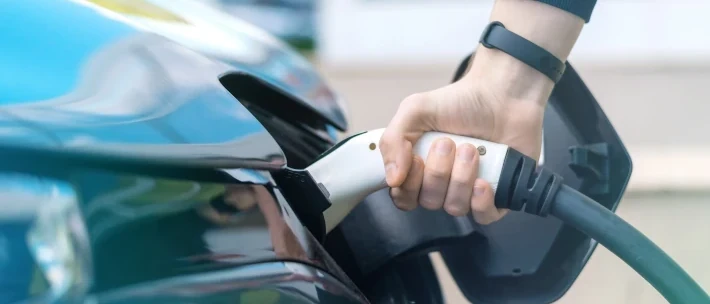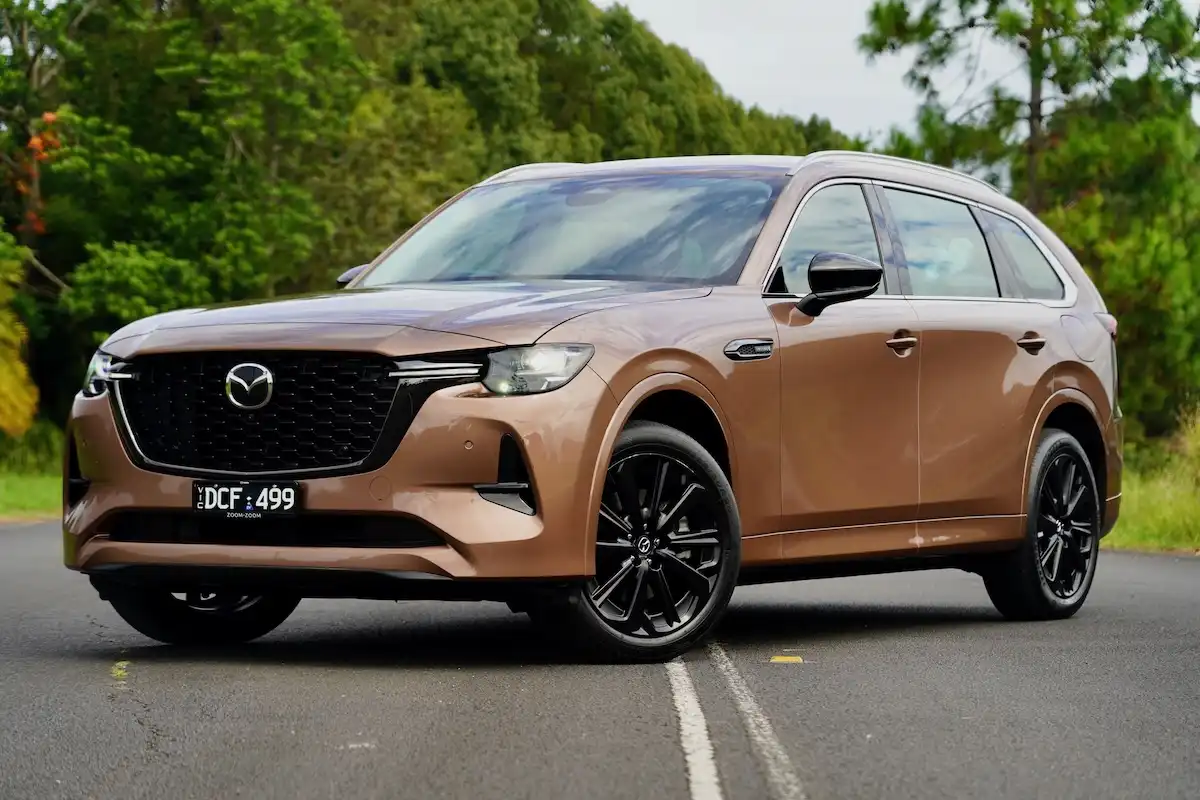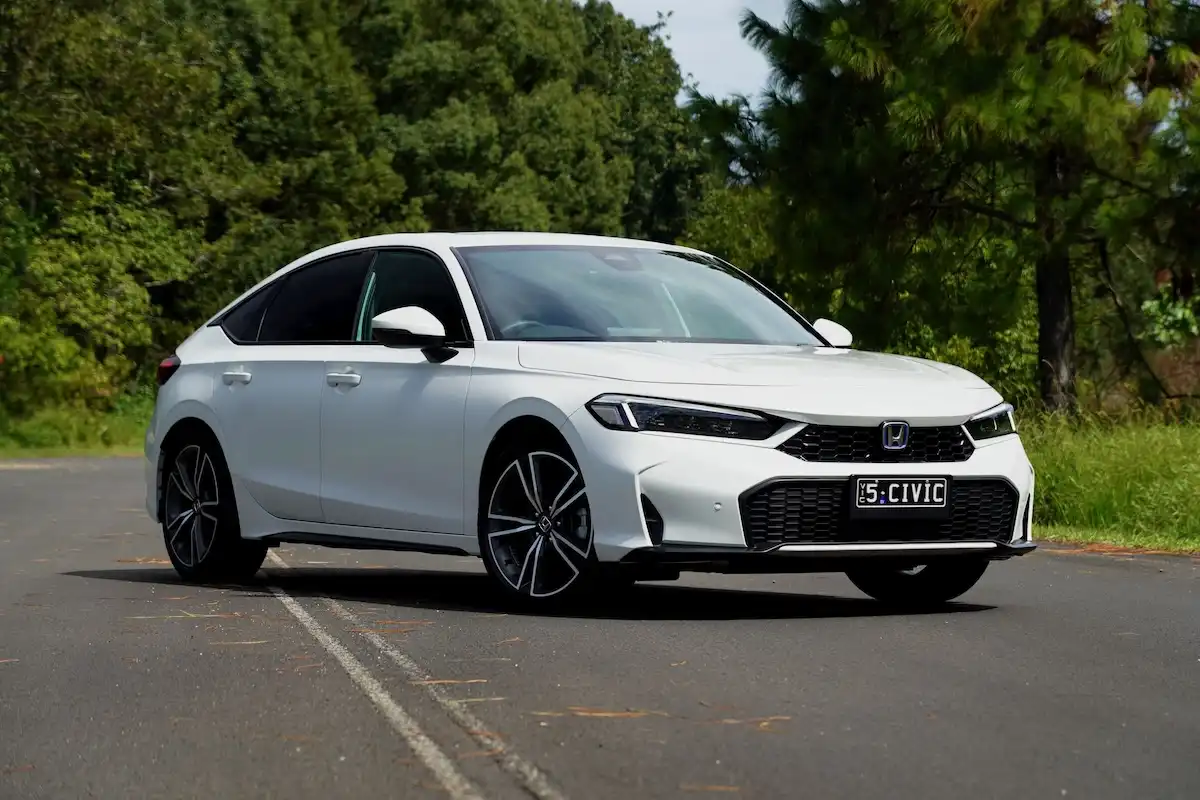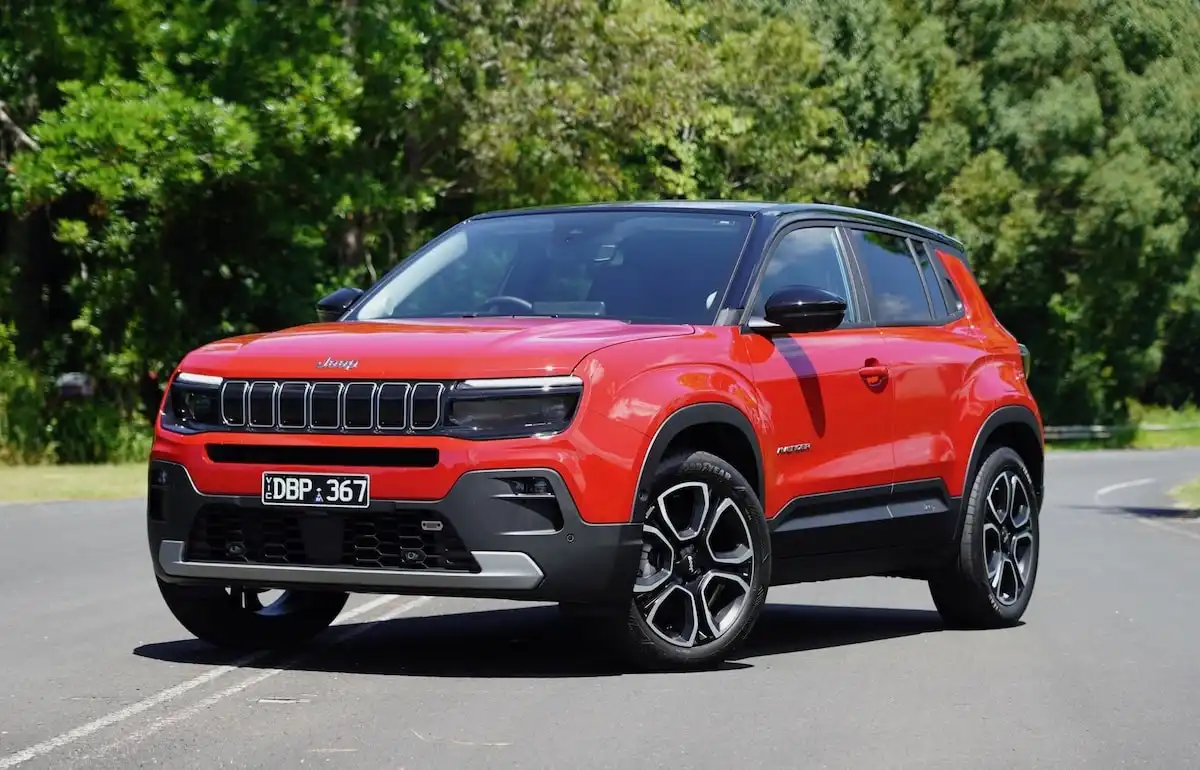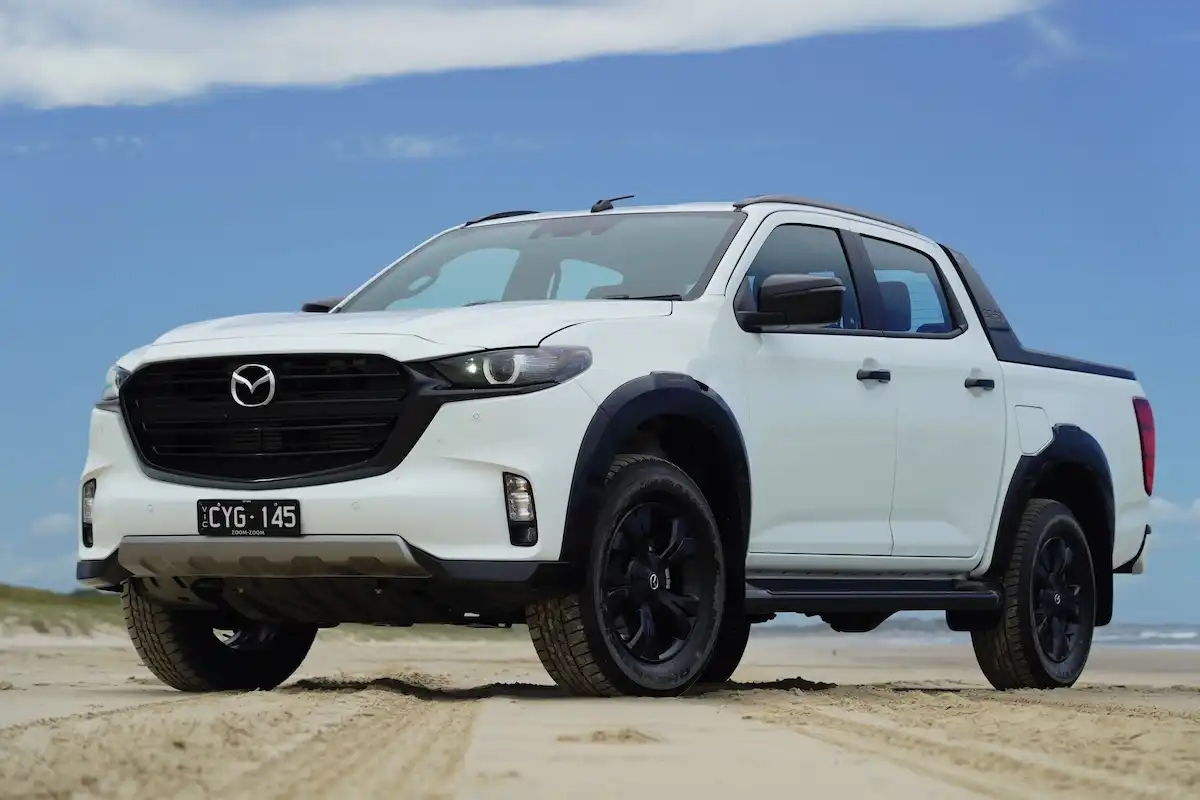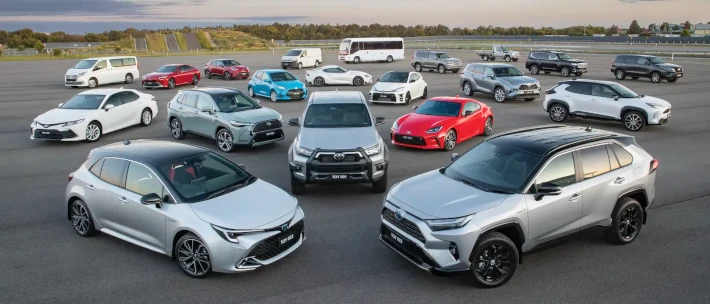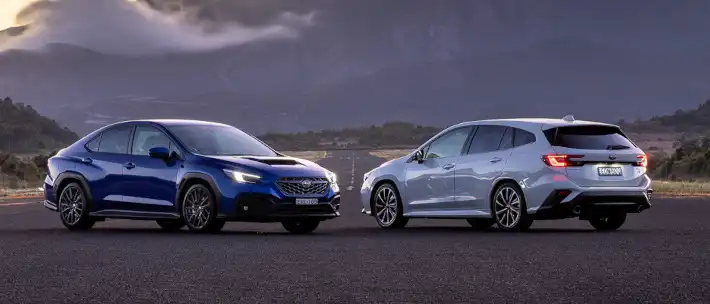While it’s taken some time for battery-electric vehicles to reach the mainstream, in today’s landscape, there’s a heap of electric car options across nearly every segment of the market, which means your next car may well be an electric one.
With that in mind, let’s take a closer look at how the technology works, and how much it costs to run an electric car in Australia to help you compare the running costs of an EV to their petrol-powered equivalents over time.
Need help narrowing down your choices?
Get in touch with one of our Car Buying Specialists today
Request a quoteHow Does an Electric Car Work?
The concept of an electric car is a remarkably simple one.
Power to the wheels is generated by an electric motor, instead of a petrol- or diesel-powered engine.
Energy to power the single or dual electric motors onboard is provided by an onboard battery pack, the most common type of pack features lithium-ion cells that work either with phosphate, manganese and cobalt, or nickel, cobalt, and aluminium in their chemical makeup.
How Far Can an Electric Vehicle Drive on a Single Charge?
All-electric driving ranges are determined by a few things, primarily the aerodynamic design of the vehicle, the energy efficiency of the electric motor, and the size of the battery pack powering the motors.
As a result, some of the more affordable EVs on the market, typically hatchbacks and compact SUVs receive relatively small battery packs that offer somewhere between 200 - 300km of range on a single charge.
An average range figure for an electric car here in Australia typically sits around the 450 - 600km mark, while some companies offer large battery packs exceeding 100kWh that drive up to 850km, with plans to hit the 1000km target in the near future.
How Much Does it Cost to Charge an Electric Car in Australia?
While this answer changes depending on how you’re sourcing your power, the price of electricity in your state, and whether you’re charging at home or using a public fast charger, we can still get an accurate overview of how charging costs stack up over time.
To keep it as simple as possible, we’ll average out current electricity costs across all States & Territories and use a 60kWh lithium-ion battery as a reference point for the average Australian electric car.
Using this formula, it costs on average $18.42 to charge an electric vehicle at home, with the average flat-rate of electricity (cents-per kWh) equating to $0.30/kWh; keep in mind that prices listed here are accurate at the time of publishing, but will change over time.
There are also steps you can take to get these figures to effectively zero, although they do require some hefty infrastructure investments.
If, for example, you’re charging up your electric car with the help of solar panels at home, your operating costs are effectively zero, not considering the original investment of the panels and battery storage.
How Much Does it Cost to Run an Electric Car in Australia?
Now that we’ve covered the basics of charging costs, we can put them into context and find out how much it costs to run an electric car in Australia.
The Australian Bureau of Statistics (ABS) says that Australians, on average, drive 12,500km per year which. A reasonable range expectation of a 60kWh battery pack stands at around 450km per charge, which means you’ll need to charge the pack 28 times to hit the 12,500km mark, at around $0.30 per kWh.
Using our average of $18.42 per charge, we can make a fairly accurate estimate of the running costs of an electric car in Australia to average out at $515.76 after charging 28 times.
If you’re using a public charger, the price of electricity per kilowatt-hour (kWh) can vary between 30c to 60c, depending on the speed of the charger, with DC fast chargers often priced around 60c/kWh.
That means that if you’re charging solely with public chargers, it can cost as much as $1080 to charge and run your electric car, although the figures drop if you’re using a slower - and more affordable - public charger.
Keep in mind that the prices we’ve outlined here are only factoring in the cost of charging the vehicle, and do not include things like maintenance, repairs, or any on-road costs, registration, insurance, or stamp duty fees.
Request a Quote
If this explainer has helped to spark your imagination about owning an electric vehicle, click here to talk with one of our car-buying experts.
